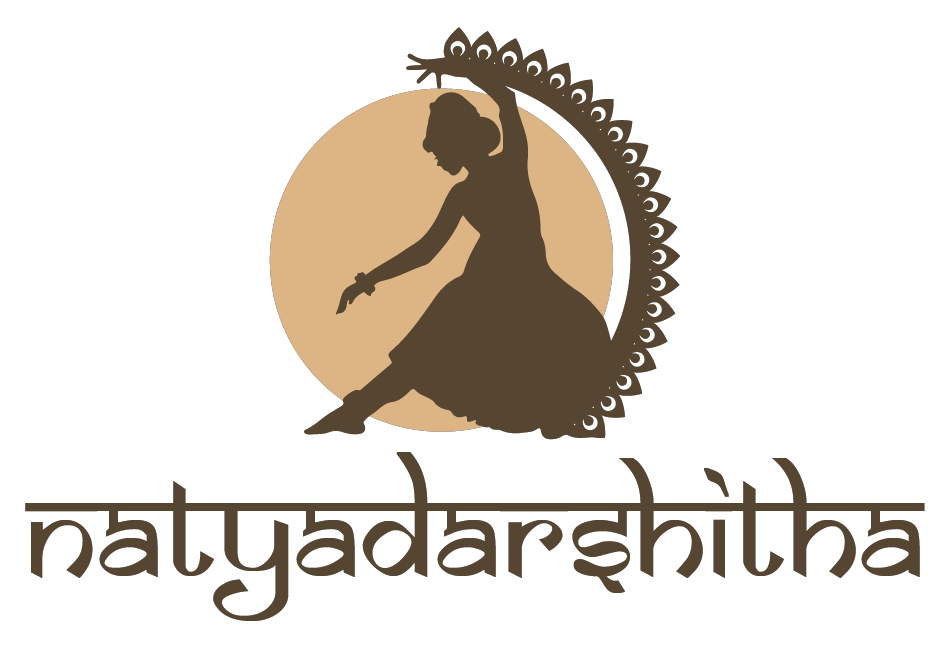Navarasa
Emotion in psychology and philosophy is a partial, conscious experience characterized mainly by psychological manifestations, biological reactions, and mental states. Emotion is often associated with mood, attitude, personality, temperament, and motivation. These feelings are called ‘Rasas’ in Sanskrit which give different colors and shades of life.
Rasa in Sanskrit means to taste or essence and Nav means nine, which is commonly used to denote a feeling of ’emotional state’. The Navrasa is the strength of the character of Indian aesthetics ever since they were established as a symbol of the Natya Sastra and they developed traditions of dance, music, theater, art, and literature.
Natya Sastra describes and comments in detail on the rasas as the basis of all human emotions. It is useful to note that a rasa does not only contain emotion but also various things that cause that feeling. These two things go by hand and are impossible to treat independently. The nine emotions included in Navrasa are Srngara (love), Häsya (laughter), Karuna (kindness or compassion), Raudra (anger), Vira (courage), Bhayangkara (terror), Bibhatsa (disgust), Adbhûta (surprise) and Santha (Peace or tranquility. These are the feelings that a human being shows according to situations.
